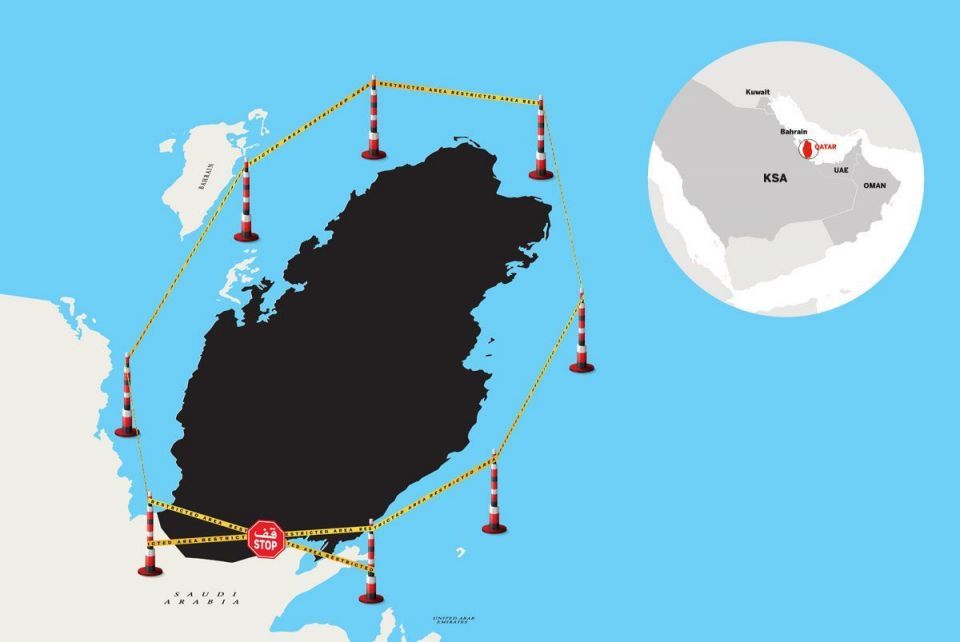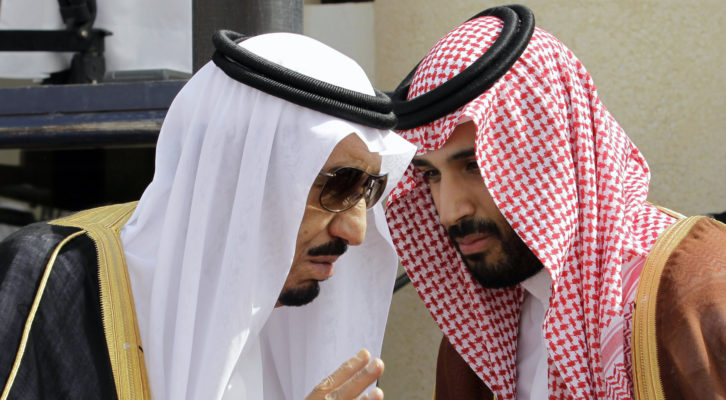With the ousting of Saddam Hussein’s regime in 2003, the Arab Sunni world was fragmented and Iran became a leading regional power in West Asia. This was a consequence of the ill-calculated policies pushed by Saudi Arabia beginning with the invasion of Iraq. In his book “The Prince”, Machiavelli teaches us that a prince should avoid three things; extinguishing a weaker power, strengthening one that was already strong, and after defeating the rival or enemy, failing to establish a colony. In 2003, Saudi Arabia failed in all three tasks.
First, with the help of US troops, it destroyed Iraq’s military power and shifted military influence towards Iran. Prior to this, the Iraqi military at least played the role of being a counterweight to Iranian military power in the Gulf. Second, it failed to prevent the Iranian expansion. While the Iraqi regime was weak and exhausted due to wars and economic sanctions, at least from the perspective of Saudi Arabia, it was nevertheless a Sunni controlled one, and an important asset to challenge Iran. Finally, the Saudis and Americans could not establish a friendly government in Iraq. The new Shia controlled government paved the way for Iran to establish its own proxy army (Popular Mobilization Units) and government in the country. Thus, Saudi Arabia lost Iraq to Iran.
Nor does it seem that Saudi Arabia has learned its mistakes, with Syria being another strategic mishap. With the militarization of the Syrian Uprising, both Qatar and Saudi Arabia tried searching for allies on the ground who could challenge the Syrian army and the regime. While Qatar backed the Muslim Brotherhood and some elements of Jihadi Islam such as the Nusra Front (now called the Hai’at Tahrir al-Sham Front), Saudi Arabia decided to support the Salafis and Jeish al Islam (Army of Islam). This conflict turned into a proxy war that led to a clash of interests between Saudi Arabia and Qatar, weakening the already fragmented Free Syrian Army (such as in Idlib and Eastern Ghuta) and opening the road towards the advancing Syrian army and her allies. Moreover, the growth of the Sunni Salafi armed organizations raised the concerns of Iran, which at this point, put all of its military weight to interfere in Syria and prevent it’s ally’s collapse. Under these desperate circumstances, the only course of action left for Iran was to keep Syria under the direct military control of Tehran and devolve Syria’s sovereignty to Iranian or other Shia militias (Hizbullah).
All of these developments situate the ongoing diplomatic war against Qatar. In a coordinated move on June 5, Saudi Arabia, Egypt, the United Arab Emirates, Bahrain and others decided to sever diplomatic relations with Qatar, accusing their former GCC ally of supporting terrorism. And yet again, Saudi Arabia has engaged in the risky behavior of marginalizing Qatar and pushing its regime towards Iran.

The current “diplomatic war” has many dimensions. With the coming of Trump in power in the US, Riyadh has finally realized the urgency of restoring order in the region based on its interests. In order to succeed, it is pushing its partners to cooperate on neutralizing both the influence of Iran and the Muslim Brotherhood. This has occurred everywhere from Egypt to Libya, where Qatar’s interests have often clashed with that of the Kingdom. Since the overthrow of Egyptian President Mohammad Morsi, for instance, Saudi Arabia has also sought to isolate Hamas in the hopes of extinguishing Qatar’s role in the region. Egypt has also joined in this affair, accusing Hamas of supporting Morsi’s Muslim Brotherhood controlled government to further destabilize the country, allegations which Hamas has denied. On June 6, Saudi Arabia’s Foreign Minister also publicly demanded that Qatar sever her ties with Hamas. The Minster added that Qatar is undermining Palestinian Authority and Egypt by supporting Hamas and Muslim Brotherhood.
Then there is the phenomenon of military realignments. Emirati officials, for instance, have started to lobby in the US, and demand the transfer of a US Navy base from Qatar to UAE. By contrast, Turkey, which feeling that its ideological and strategic ally will soon be isolated, has sent troops to Qatar. Mirroring a gesture of goodwill from Iran, which has sent food supplies to Doha. Of course neither the Saudi’s or Emiratis are happy about this.
Qatar may soon realize that it has little space to maneuver. It can neither afford to leave the GCC, which offers collaborative security and a robust trade bloc nor can it risk challenging Saudi Arabia and American Hegemony, especially with the upcoming World Cup in 2022. But this doesn’t mean that Qatar is only left with the option of surrendering too quickly.
Saudi Arabia may find itself in a difficult situation, should Qatar chose to ally with Iran and Turkey. That would signify yet another Arab country falling prey to Iranian interests and a deadly blow to its influence in the region.
The article was originally published in www.theregion.org
Yeghia Tashjian graduated from Haigazian University in political science and currently he is pursuing his graduate studies in Public Policy and International Affairs at American University of Beirut. He is a Lebanese-Armenian political activist, researcher and blogger. He founded the New Eastern Politics forum/blog in 2010. Currently, he is the regional officer of Women in War a gender-based think tank.







